Advertisement
6 Narratives That Will Shape Politics In 2014
During the busy holiday season, it behooves us all to pause a moment, breathe deeply, regain our proper perspective and, yes, ponder some political narratives that may define the landscape in 2014.
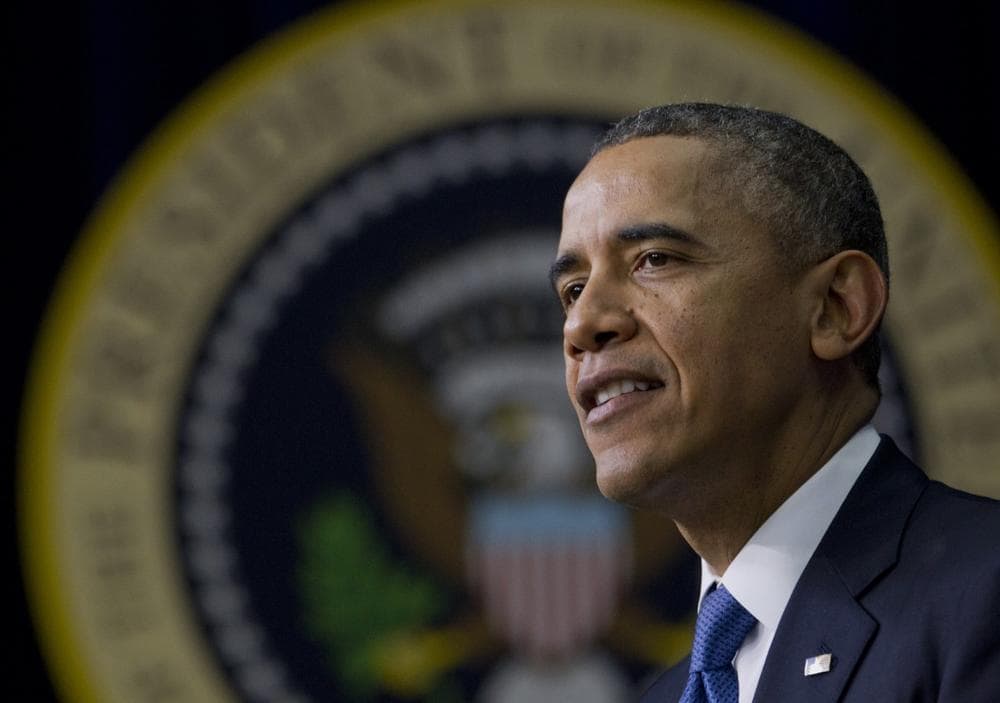
The 2014 congressional elections will shape President Obama’s legacy and guide the direction of a nation at a political crossroads. Thanks to the historic debacle of the rollout of the Affordable Care Act and an economy that is still perceived as mired in recession, the White House and congressional Democrats are officially concerned. That’s one reason John Podesta was brought in as an advisor to the President. Obama’s approval ratings are bouncing around 40 percent — lower than any modern president, except Richard Nixon, after his fifth year. There are seven U.S. Senate seats up in 2014 with incumbent Democrats in states Mitt Romney won in 2012, and that’s enough to turn the Senate red. And there are few scenarios currently that favor the House becoming blue. What can get the bad taste out of the mouth of a skeptical electorate in 2014? Republicans hope the answer is "not much," but that remains to be seen. We may therefore see a resurgence of rhetoric from 2012 — themes of class warfare, the “war on women,” and the “party of no” — as well as a greater public focus on foreign policy.
2. Iranian Nukes?
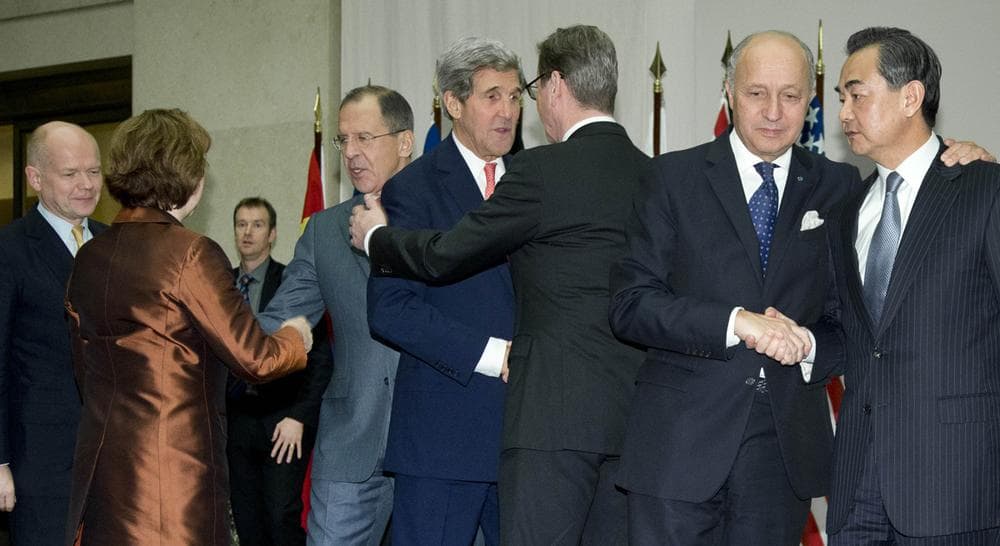
This is the most important foreign policy issue the U.S. now confronts. It has the potential to reshape the world over the next decade if it is mishandled. The Obama administration is proud of the interim agreement it signed as part of the G5+1 with Iran.
The significance of this first step cannot be overstated since it established a negotiation framework that’s been absent since 1979. Nonetheless, the interim deal contains some troubling language. With the din of opposition by the Netanyahu government humming in the background, negotiators will work through 2014 on a permanent deal. As of now, Obama and Netanyahu maintain a brave public face of unity, both stating they will not accept a nuclear Iran. It’s hard to envision, though, the mullahs signing away a nuclear weapons program they’ve been working on diligently for years. If negotiations reach an impasse, or should Secretary of State Kerry and the U.S. agree to a deal that does not eliminate the weapons program, the world will be much more dangerous by the end of 2014.
3. Snowden The One-Percenter
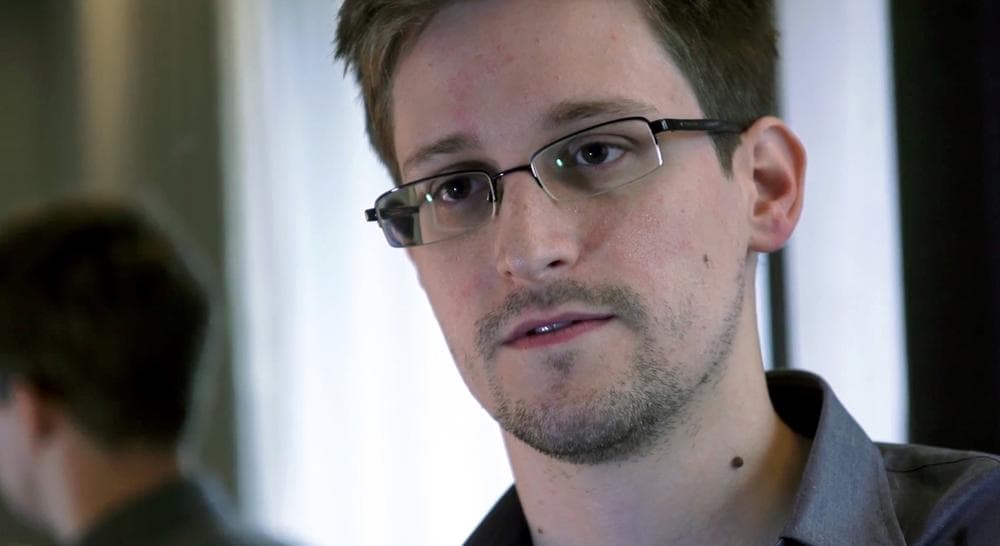
This may emerge in 2014 as the nation’s most urgent national security issue. It’s possible that only 1 percent of the documents swiped by NSA contractor Edward Snowden were leaked in 2013. In the spirit of a Hollywood spy thriller, Snowden may be hanging onto the other 99 percent as insurance. Unfortunately, however, this isn’t fiction. But it is a potential game-changer for the U.S. national security community. That community is in an uproar behind the scenes doing damage control in the field and responding to congressional inquiries at home on matters that make the Church Committee seem quaint. Somehow, President Obama has escaped heavy scrutiny for the snooping revelations, but the White House may be concerned that leaks from the remaining 99 percent of the documents could bring some issues closer to the Oval Office in 2014.
4. Primary Marathon
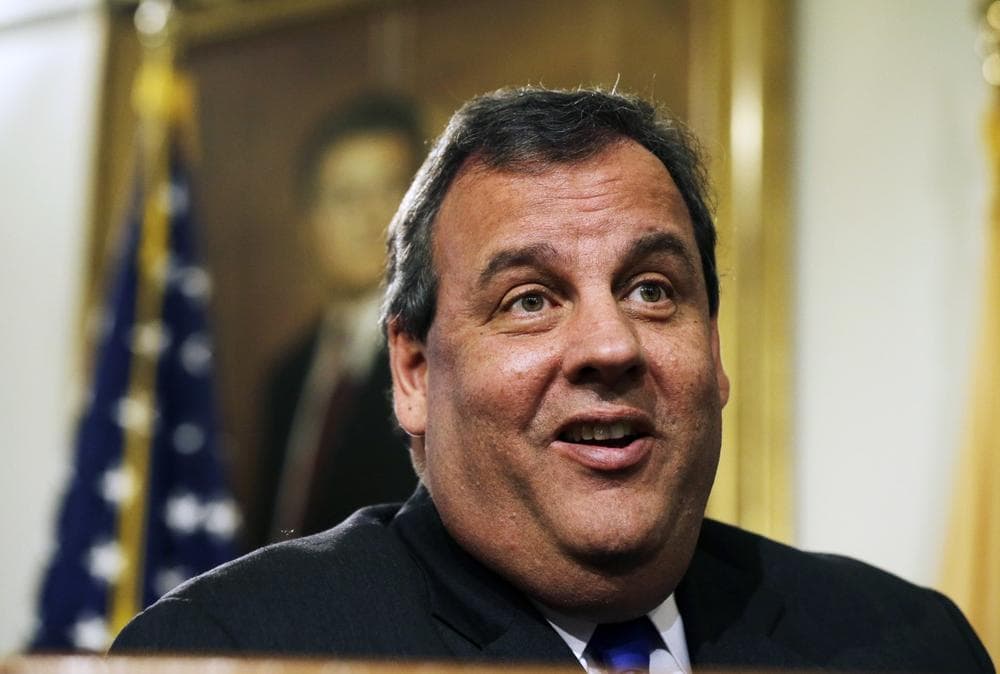
The presidential primary will be in full swing in 2014 for some insiders jockeying to give their potential candidates an advantage in early states like New Hampshire, as well as for the pollster cottage industry — an example being a recent poll showing Chris Christie leading Hillary Clinton 45 percent to 40 percent in Iowa. The presidential sweepstakes will provide an undertone to every major political debate in 2014. It’s extremely difficult, however, for a candidate to lead the marathon primary cycle wire-to-wire. The coming year will bring with it a growing crescendo of political attacks on the presumptive favorites — from both within and outside their respective parties. The schisms within the GOP will become only more intense until a leader emerges from this process. For the Democrats, Elizabeth Warren may emerge in 2014 as a major player in the primaries — either as a possible candidate or by using her populist leverage to help shape her party’s agenda. The primary season could really kick into high gear in a hurry should the GOP take the Senate and keep the House in the midterms and Obama finds himself a lame duck earlier than expected.
5. The Comeback Kid?
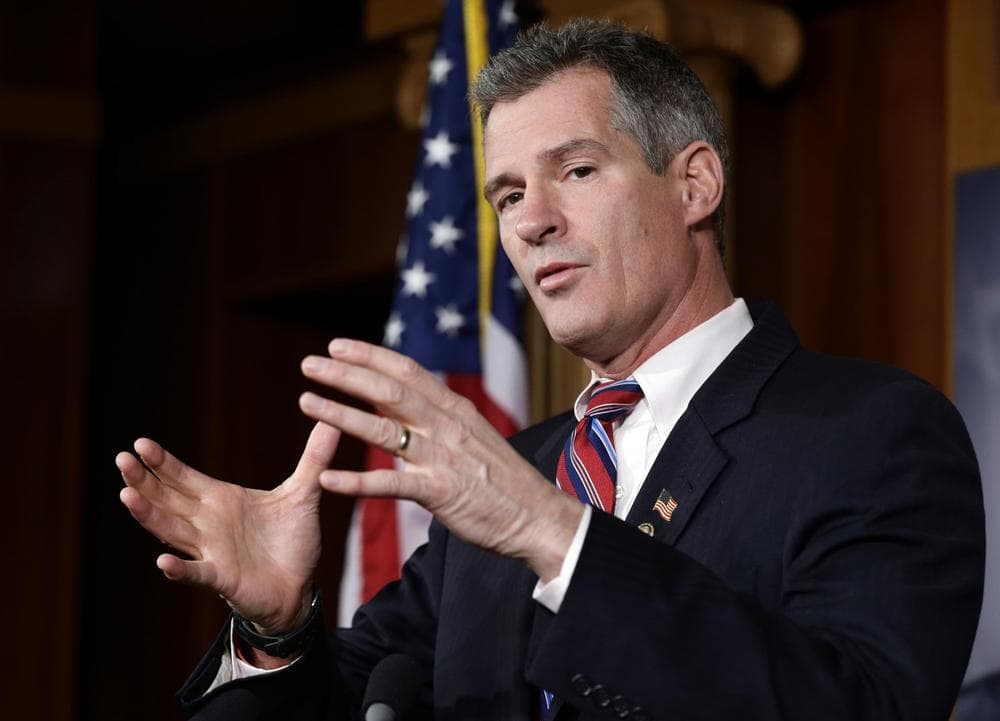
Scott Brown sold his home, will register to vote in New Hampshire, and may smell blood in the water for 2014. New Hampshire Democratic incumbent Sen. Jeanne Shaheen has to defend her seat in November. Shaheen led Brown in a hypothetical poll in September by PPP, a Democratic polling firm, 48 percent to 44 percent. But that was before the botched rollout of the ACA. With a weak potential GOP primary field, it can be presumed that internal polls by the Brown camp show him in good shape north of the commonwealth. Why else would he leave his beloved Wrentham? Brown’s biggest challenge will be to get past the grumblings of some of the party faithful in his new home state that he’s a carpetbagger and lacks passion for the issues. But don’t bet against Brown in 2014. His recent speech to the Scott County, Iowa Republicans at their annual Reagan Dinner brims with conviction and the wry sense of humor that made him successful to begin with
6. Meanwhile, Back In The Commonwealth

It’s remarkable how little press the governor’s race has received, though 2014 will change that in a hurry. Charlie Baker surprised many in the GOP by selecting a running mate, but Karyn Polito can bring some of the grassroots activism in 2014 that Baker’s campaign lacked in 2010. Baker will need to count on a combination of fatigue among the electorate for a Democrat in the front office, a low turnout for the mid-terms, and a makeover that transforms him into a warmer and fuzzier candidate. He’ll also have to bank on the presumption that Massachusetts voters will be able to distinguish his campaign from the national GOP brand that simply doesn’t play well in this bluest of states. On the positive side of the ledger for the GOP candidate in 2014, Baker retains a stellar reputation for integrity and intelligence, and the electorate will likely give him some credit for trying again rather than disappearing into the private sector. Voters will contrast this with a nearly invisible second-term governor and a Democratic opponent who will emerge from the machine. Baker has to make up only six points from last time, so it’s conceivable that 2014 will bring the return of two-party constitutional government to the commonwealth.
The advent of a new year like 2014 brings with it, of course, unpredictability — especially in politics, where the landscape can change dramatically in a matter of weeks. Nonetheless, speculating about politics remains one of America’s great pastimes precisely because of this unpredictability, and it never gets dull.
Best wishes for a bipartisan New Year!
Related:
This program aired on December 20, 2013. The audio for this program is not available.